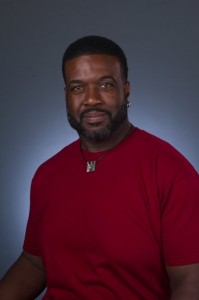We had friends over the other evening. I excused myself a bit early from an afternoon gathering, saying, “It’s my experience that when you have people over, they expect a clean house and a decent meal. I need to go work on that.”
Yesterday afternoon, about 50 Hope College folk gathered for a webinar on racial climate on college campuses, presented by the Rev. Dr. Jamie Washington of theWashington Consulting Group, and a co-founder of the Social Justice Training Institute. I am grateful to the Office of Multicultural Education and Counseling and Psychological Services for making it possible.
Dr. Washington made a lot of very good points. He talked about supporting under-represented students and staff, data-driven assessment practices, building cultural competence, and explaining to White students, staff, trustees, and alumni how they will benefit from being part of a more inclusive institution.
But the thing I’ll remember best, I think, was this:“When our students come, it must be clear that we expected them.”
And I thought about the dinner with our friends. We invited them, scheduling a specific date and time. But we also prepared for them. Our house isn’t fancy, but it was clean by the time our guests arrived. I ain’t no chef, neither, but I’d like to think that the meal was part of a genuinely warm welcome.
We at Hope College have invited 3200 or so students to join us this fall, and they’ll arrive in just a few weeks. Their rooms will be clean, and the dining hall will offer an impressive array of options. But will we be ready for them in other ways?
George Yancey’s principles of successful multiracial churches (useful, as well, for other organizations) can help us with our preparations.
- Will our students find that their experiences, questions, and concerns are being addressed in our curriculum and our co-curriculum?
- Will they see people in all sectors of the campus, and at all levels, who understand their experiences because they have lived them?
- Will they hear us articulate how our increased diversity (in the student body, at least) helps us do a better job of achieving our educational goals for everyone?
- Will our students meet people with the cultural understanding and personal skills to work effectively with them? Will they be challenged to work hard and do well—and given the affirmation they may need to do their best?
Unlike my dinner guests, I want our students to settle in and make a home for themselves. May we create the kind of warm and welcoming environment that enables them to do just that.
Charles W. Green, Professor of Psychology, Hope College


